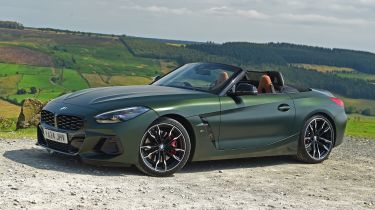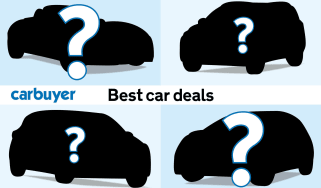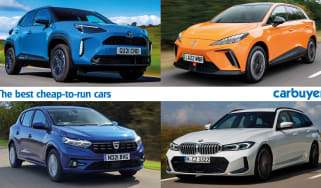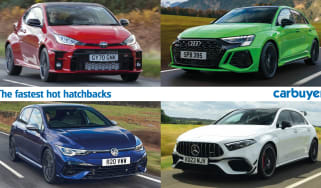BMW Z4 review - MPG, running costs & CO2
Claimed BMW Z4 fuel economy looks good on paper, but running costs will still be high
The BMW Z4 won't be a cheap car to run. In its favour is the fact that desirability, and a lack of used sports cars in general, should lead to impressive residual values, helping bring down finance costs and taking some of the sting out of the total cost of ownership. Potential fuel economy seems reasonable, especially for less powerful versions. However, insurance and ongoing maintenance will be no less costly than any other sports car.
BMW Z4 MPG & CO2
BMW claims that the range-topping Z4 M40i can manage up to 35.9mpg (35.3mpg for the Handschalter), but in reality, this is more of a target than an average. A car like this brings a constant temptation to make use of its ample power, and frequent bursts of acceleration will result in fuel economy figures some way off the official WLTP test procedure. You may find yourself topping up the small 52-litre fuel tank quite frequently.
The same caveat applies equally to the less powerful models. The sDrive20i is claimed to achieve up to 40.9mpg, but this figure is just as likely to tumble when the Z4 is treated like a sports car. Driven gently, however, neither is much less fuel-efficient than a normal petrol-engined family hatchback.
More reviews
Those who can have a Z4 as a company car will pay the top Benefit-in-Kind (BiK) tax for just about every version of the Z4 – CO2 emissions start at 180g/km for the M40i and 157g/km for the sDrive20i, with the Handschalter highest at 191g/km.
Even the entry-level sDrive20i comes in over the £40,000 threshold, above which the additional VED surcharge applies from the second year onwards for five years. That figure drops to the standard VED rate from the sixth year of registration onwards – the same figure as levied against sub-£40,000 cars from new.
Insurance
The Association of British Insurers (ABI) has placed the BMW Z4 in groups 30-31 for the sDrive20i, which is reasonable for a sports car. The M40i is in group 37. By comparison, the Porsche Boxster S – a car that's exactly as fast as the BMW – is rated group 46. That same rating also applies to the Alpine A110.
Servicing
Every BMW is serviced on a condition-based system, which uses wear and oil-quality sensors to determine when an oil change is due. Most drivers will find it necessary to visit a BMW workshop either annually or every other year. BMW servicing costs are generally on a par with other premium brands and compare well against Porsche; your dealer can organise a service contract to suit your requirements to make it easy to keep track of routine maintenance charges.
As with any sporty car, it's worth remembering that you'll face big bills for brakes, tyres and other consumable parts, especially if you make frequent use of the Z4's performance.
Warranty
BMW provides a three-year/unlimited mileage warranty on every new car sold in the UK. That's a match for Mercedes and Porsche and beats that offered by Audi. You can extend your BMW's warranty when it runs out. There are a number of levels of cover but each stipulates that your car has no more than 100,000 miles on the clock at the time of policy purchase.















